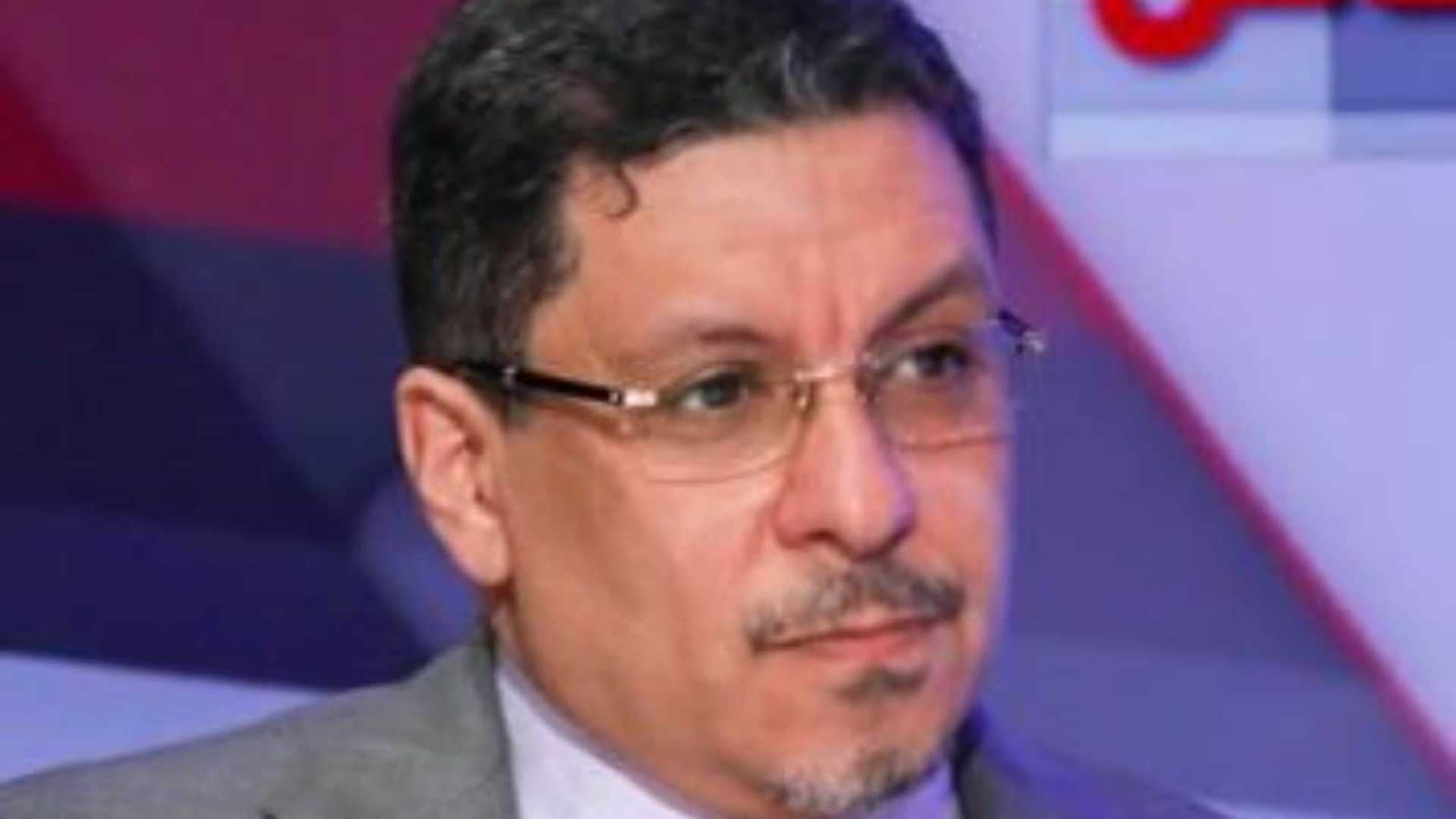News
Yemen’s Prime Minister Resigns Amid Political Turmoil

Aden, Yemen — Prime Minister Ahmed Awad Bin Mubarak announced his resignation on Saturday, citing his inability to fully exercise his powers amid ongoing political struggles. Bin Mubarak’s departure highlights the fragile state of Yemen’s internationally recognized government, which has been embroiled in conflict since Houthi rebels seized the capital, Sana’a, in 2014.
In a post on social media, Bin Mubarak revealed he had met with Rashad Al-Alimi, head of the Presidential Leadership Council (PLC), before submitting his resignation. He expressed frustration, stating, “I could not exercise my constitutional powers and take the necessary decisions to reform government institutions or implement rightful governmental changes.”
His resignation follows months of tensions with the PLC, particularly concerning his requests to reshuffle the cabinet, which were met with resistance. Government sources, who spoke on the condition of anonymity, indicated that disagreements with Al-Alimi and other council members contributed to his decision.
The Houthis, a group backed by Iran, have maintained a stronghold in Yemen, leading to significant humanitarian crises and military interventions. Bin Mubarak, a former ambassador to the United States, previously faced a kidnapping ordeal by Houthis in 2015 but managed to initiate fiscal and administrative reforms during his tenure.
Analyst Mohammed al-Basha noted that Bin Mubarak’s ambitions extended beyond the prime ministership, seeking authority akin to the presidency. This pursuit created friction within the council and led to a lack of trust among key ministers. He stated, “Over time, this power struggle eroded trust.”
Shortly after Bin Mubarak’s announcement, the PLC appointed Finance Minister Salem Saleh Bin Braik as the new prime minister. Observers believe this change could help alleviate the internal tensions that have hindered the government’s functionality.
Yemen’s ongoing civil war has resulted in hundreds of thousands of deaths and created one of the worst humanitarian crises globally. Despite a recent UN-mediated truce, the situation remains volatile, especially as the Houthis have resumed military actions linked to the conflict in Gaza. According to reports, U.S. airstrikes have intensified against Houthi targets in an effort to curb their influence.
Bin Mubarak’s resignation is viewed by some as a significant shift that could impact the future of Yemen’s political landscape and ongoing peace negotiations.












